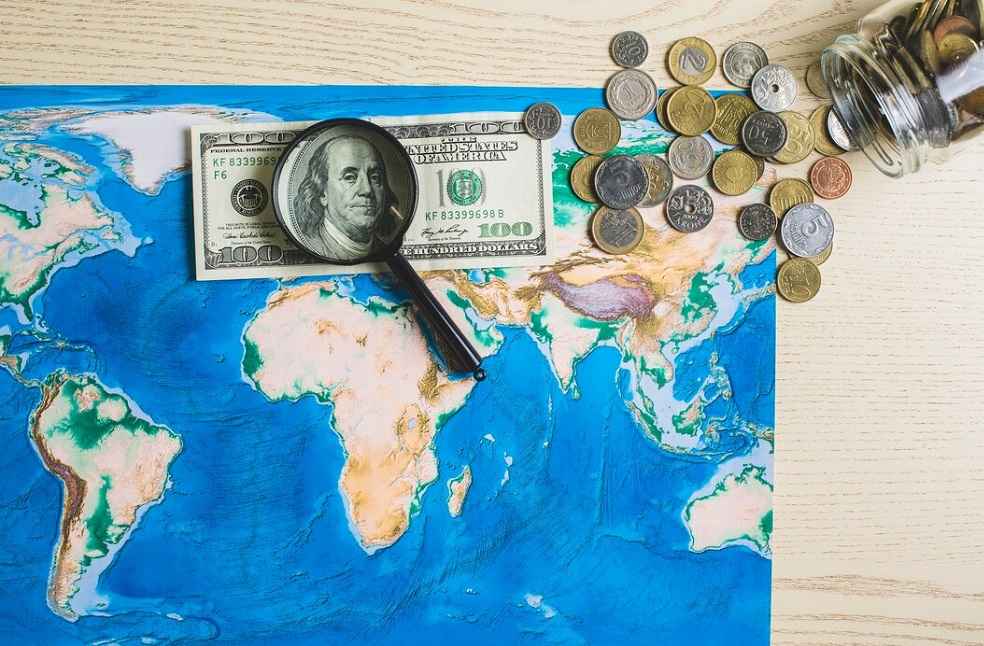Penang, often hailed as the Silicon Valley of the East, is intensifying its global investment outreach to reduce reliance on individual markets and ensure sustainable economic growth amid evolving global trade dynamics, including the impact of U.S. import tariffs.
Chief Minister Chow Kon Yeow announced at the state legislative assembly that Penang is actively pursuing international trade and investment missions through InvestPenang. These missions target key economic hubs such as Japan, South Korea, Taiwan, Europe, China, the United States, and Singapore.
The state’s strategy also includes active participation in major global expos, including SEMICON Southeast Asia, the Kumamoto Industrial Revitalisation Expo, and the World Congress on Innovation & Technology (WCIT). These efforts aim to attract new investors and strengthen Penang’s position in emerging markets.

In response to concerns over the effects of U.S. tariffs, Chow confirmed that the state has implemented a comprehensive roadmap of initiatives, incentives, and mitigation plans to diversify its market base and reduce economic exposure to any single country.
Penang, a leader in Malaysia’s semiconductor ecosystem, is home to a dynamic mix of multinational and local firms specializing in chip design, assembly, testing, and equipment manufacturing. The state is aligning closely with the National Semiconductor Strategy (NSS).
To support this growth, the Penang government, in collaboration with the Federal Government, has allocated RM120 million over five years and introduced a matching grant scheme. The initiative is aimed at positioning Penang as a regional hub for IC design innovation.

To further incentivise growth, an attractive package has been launched, offering annual subsidies of up to RM2 million for three years to both domestic and foreign IC design companies operating in Malaysia.
In 2023, the United States remained Penang’s second-largest export destination, accounting for RM76 billion, or 17% of the state’s total exports, underscoring the importance of diversifying market access amid shifting geopolitical and trade landscapes.
POLICY & LAW | India Imposes Import Restrictions on Bangladeshi Goods



